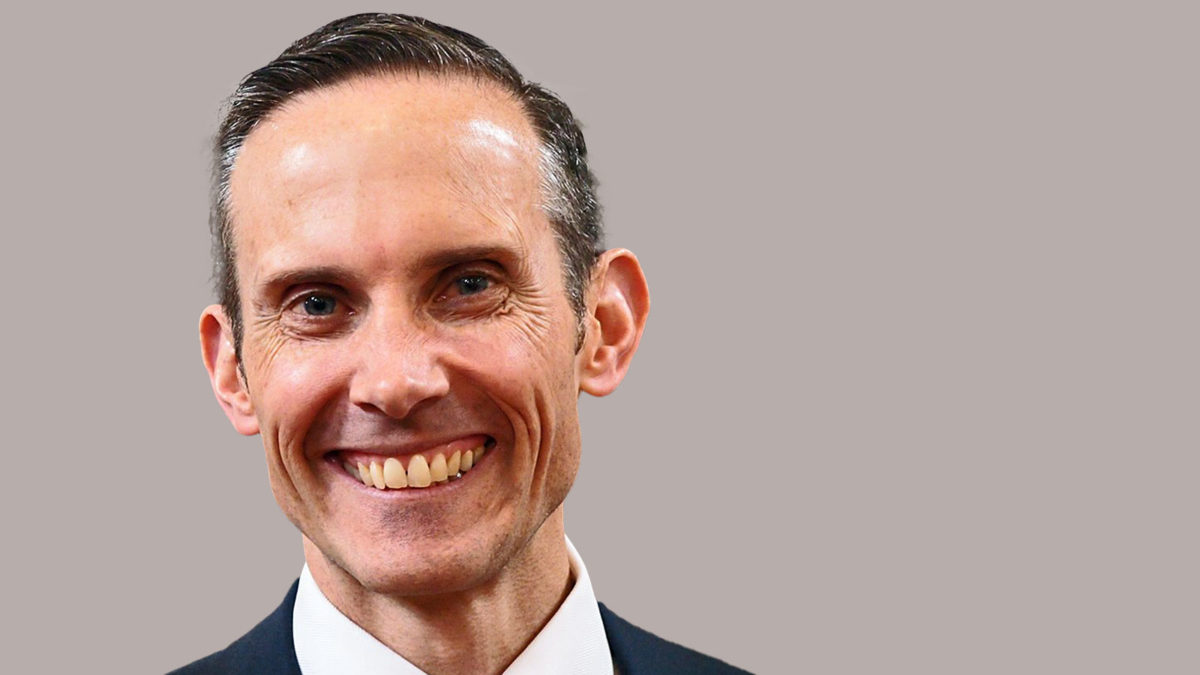Both sides to blame in common ownership bungle
The inquiry into common ownership has given us that rarest of things: a moment of bipartisan stupidity.
There are so many wonderful ways to waste taxpayer money. You can use it to pay for business-class flights to Canberra, or Craig Kelly-style political stunts, or even give it away to profitable multinational corporations in the middle of a pandemic. But in this case, the standing committee on economics has found a particularly novel use for it: like amateur ghost hunters, they’re investigating an issue that doesn’t exist.
While the idea that institutional investors could collude to advance their interests over those of retail investors is a scary one, it’s only an idea. The committee has so far failed to produce evidence that common ownership has created any harm – or even that it can.
“The theory of common ownership is disconnected from investment practice, and its assumptions, ascribing motivation and opportunity in the absence of evidence of causation, are not borne out in the Australian superannuation fund context,” the Australian Institute of Superannuation Trustees (AIST) wrote in its submission, citing research from the International Corporate Governance Network (ICGN).
“Because superannuation funds have a fiduciary obligation to maximise lifetime financial outcomes for their members, their interest is in ensuring investments are profitable over the long-term… Short-term profit seeking behaviour at the expense of a significant loss of shareholder value over the medium to long term is contrary the interests of superannuation fund members.”
Translation: you’d have to be a nitwit.
So far, there’s been no evidence of collusion between superannuation funds or of common ownership having a disastrous impact on outcomes for retail investors. Speaking to this publication, committee chair Tim Wilson said that the new inquiry had been launched in response to findings from the ACCC that common ownership created problems for competition at 10 per cent (and that it had reached 30 per cent in some cases when funds operated collaboratively through the Australian Council of Superannuation Investors). But the ACCC recently told the “Australian Financial Review” that, while it was concerned about the possibility of competition concerns, it was not aware of any particular problems around superannuation funds and common ownership.
So why bother?
Politics. Much of the committee’s historical focus has been on profit-to-member superannuation funds, which are among the largest institutional shareholders in Australia. And they’re getting larger every day. The latest Intergenerational Report estimates that the superannuation system will grow to 244 per cent of GDP by 2040, a staggering that would make the lives of its LNP critics very difficult if it was directed against them either overtly or covertly (there is perhaps good reason to be concerned – the ghost of Industry Super Australia’s “Fox and Henhouse” TV spot still haunts the halls of Parliament). And so a desperate quest begins to uncover even the most minute scraps of evidence that can be used to construct the next round of punitive regulation, Ã la Your Future Your Super.
But while it’s always tempting to lay these things at the feet of Tim Wilson, the abortive inquiry was supported by the committee’s opposition members too – and their contributions have been uninspired. Committee member Andrew Leigh (photo at top) has written extensively about the dynamics of common ownership in his May 2021 paper with co-author Adam Triggs “Common Ownership of Competing Firms: Evidence from Australia”. Most of Leigh and Triggs’ case studies relate to BlackRock and Vanguard, which tend to be the largest shareholder on the registry of many ASX-listed companies. Accordingly, the committee’s opposition members have focused their efforts in this area. But while it’s ideologically useful to take on large overseas investors, these particular investors are index providers, and uninterested in influencing companies.
So both parties have something to gain. But all the way down the long and bumpy road of actually finding the problem lies the difficulty in coming up with a solution. Were the inquiry to uncover actual evidence of collusion – and of that collusion causing harm – what would its recommendations be? As the Association of Super Funds of Australia (ASFA) noted in its submission, any new regulation would likely create more harm.
“For listed companies, restrictions on investment activities would likely lead to an increase in the cost of capital. If widespread, this would necessarily lead to a lower level of gross fixed capital investment in the private sector, and lower long-term economic growth than otherwise would be the case,” ASFA wrote.
“Restrictions on individual investor participation in, or engagement with, companies would be to the detriment of corporate governance in Australia, and potentially lead to a reduced degree of accountability of executives and management of listed companies.”
Just another bad solution in search of a problem.











